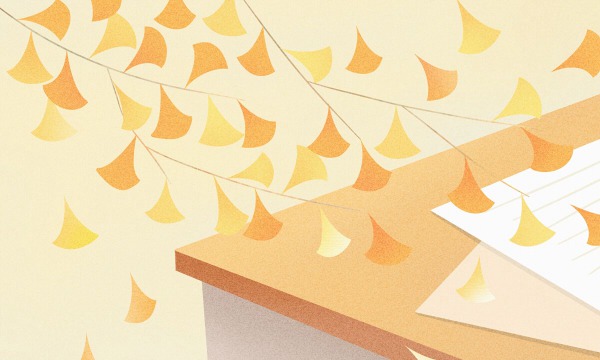-
-
made of和made from都表示“由……制成”。主语为制成物,made of表示制成成品后。made from表示在成品中已经无法辨认。made of侧重于从物品的外观上就能看出原材料来。made from侧重于从物品的外观上看不出原材料 。

made of和made from的区别
一、意思不同
1、made of:由…制成。
2、made from:用什麽原料作成的。
二、用法不同
1、made of:可接由名词、形容词、动词不定式、过去分词或介词短语充当补足语的复合宾语。当名词作宾语补足语时,通常含有“把某种优良品质或地位等赋予对方或自身”的意思,宾语补足语一般含褒义,当形容词作宾语补足语时,形容词有时可以提至宾语之前。
2、made from:作“作出某种动作”解时,常与某些名词连用,其意思常常近似于与该名词相对应的动词,用来表示行动,可接介词短语,也可接动词不定式。
三、侧重点不同
1、made of:侧重于从物品的外观上就能看出原材料来。
2、made from:侧重于从物品的外观上看不出原材料 。
made of的用法
made of 表示制成成品后,仍可看出原材料是什么,保留原材料的质和形状,制作过程仅发生理变化。
例句:
1、This suit is made of very good material.
这套衣服的质料很好。
2、Some bowls were made of pottery and wood.
一些碗是用陶土和木头制成的。
3、Only the rough guess and estimate can be made of it.
对此只能作出一个粗略的测算。
4、They are stirring huge pots of rice and thin vegetable soup over a fire made of charcoal.
他们搅动着架在木炭火堆上的大罐米饭和蔬菜清汤。
5、Some of the internal walls of my house are made of plasterboard.
我家房子的一些内墙是石膏板做的。
made of和made from造句
made of
1、They're made of polyurethane and not latex.
它由聚氨酯制成,而不是乳胶。
2、Roman builders perfected the semicircular arch made of separate blocks of stone.
罗马的建造者完善了由不同的石块构成的半圆形拱门。
3、One is made of pigskin, and the other made of cowhide.
一件是猪皮的,另一件是牛皮的。
made from
1、His bandages had been made from strips of cloth.
他的绷带是用布条做的。
2、An unlimited number of copies can still be made from the original.
无限量的复制品依然能从原物制作出来。
3、The monkeys used in those experiments had previously been immunized with a vaccine made from killed infected cells.
这些实验中所用的猴子事先都已接种了由死亡的被感染细胞制成的疫苗。